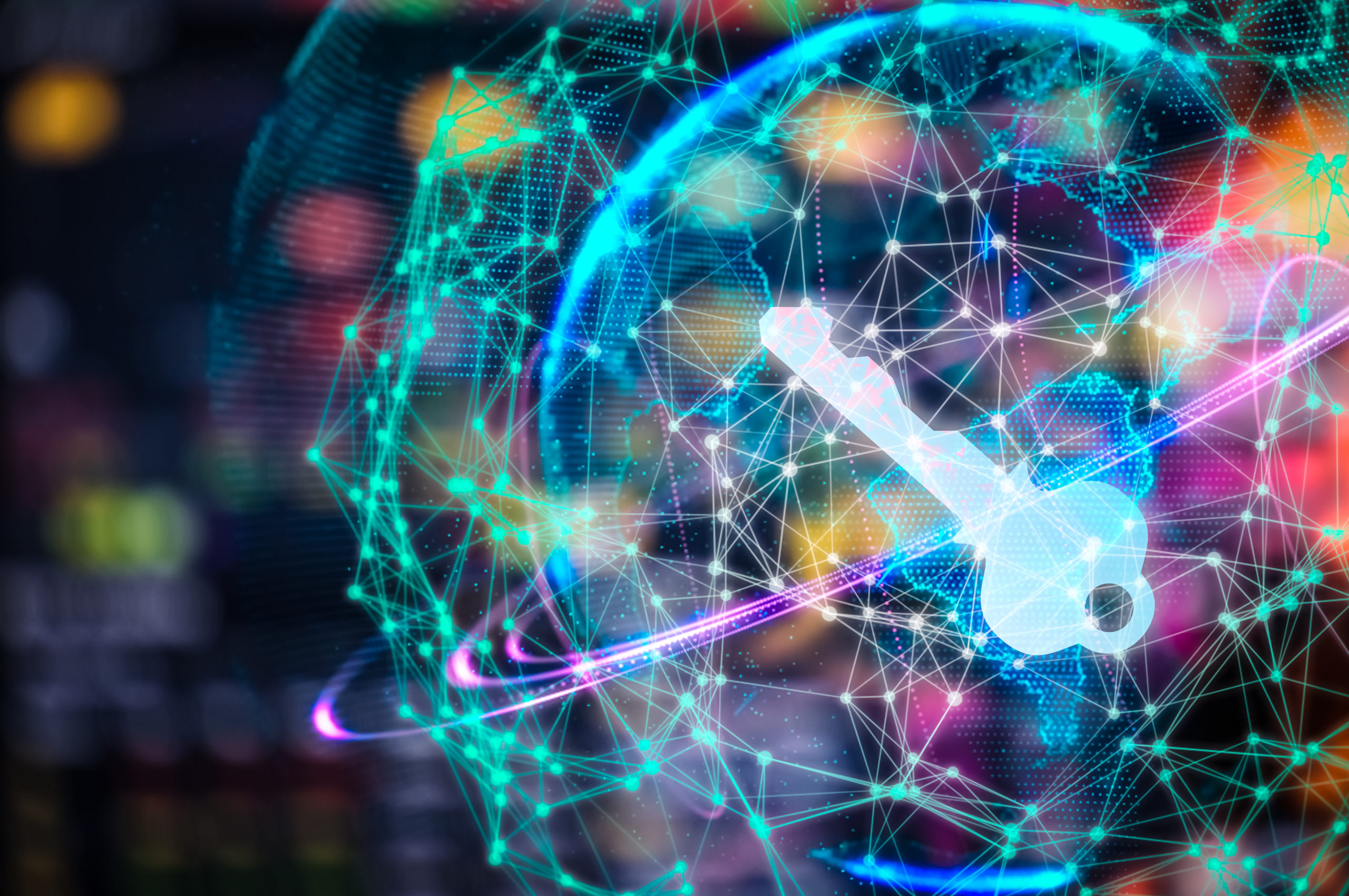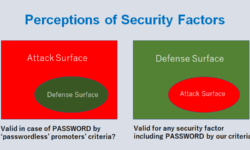Neal Conlon, a mission-driven marine veteran, and currently a cybersecurity executive with a strong experience in technology, process, and people participated in Risk Roundup to discuss the “Security Impact of COVID-19”.
Security Impact of COVID- 19
While the COVID 19 pandemic has forced each one of us to reevaluate the way we live, work, and interact, organizations are also further pushed to ensure a new mode of operations. Besides, governments are even being compelled to ensure the stability of their countries by developing and enforcing new economic plans.
As we witness the sudden shock to the systems at all levels, the shock is also followed by millions who are now without jobs or are being asked to work from home. As a result, cyberspace is now very much at the center of the new way of life and work. This has brought unforeseen strain on all manner of security. As the security risks grow from coronavirus to computer viruses, it is essential to evaluate the security impact of COVID 19.
Pandemic Shift
Society, as we know, is experiencing one of the worst pandemics of this century. In a matter of weeks, the COVID-19 pandemic has established a “new normal” across nations. Everyone everywhere is impacted. While we all are affected in ways unimaginable and are trying to protect ourselves from the COVID-19 virus, the challenges of having to take all measures to protect ourselves from the enormous problems associated with the shifting economic and security fundamentals are enormous.
As a result, it is crucial to understand how cyberspace will shape our very survival and security.
Cybercrime
The implications of shifting economic fundamentals are influencing the evolution of criminal markets. While the constraints on free movement and the sealing of borders have had an immediate impact on some illegal activities, the stay-at-home lockdown is exploding the state of criminal activities in cyberspace.
There is no doubt that criminal opportunism in cyberspace is going to grow further as the pandemic crisis unfolds—and further digitization of processes, operations, and interactions increases. The growing attack surface is going to expand the criminal activities further. So, the obvious question is, where are the criminal groups targeting today, and where they will focus on the coming tomorrow.
Since cybercriminals are not even sparing health systems in the time of a major pandemic, the question is how to protect vulnerable systems and populations at risk of exploitation by criminal groups?
Cybersecurity
Cyber attackers are using COVID-19 as bait to commit crimes in cyberspace. From impersonating brands to giving false preventive and therapeutic choices for COVID-19, the rise of crimes and infected devices is exploding. Everyone everywhere is a target. No one is spared. Not only are businesses being targeted, end-users who download COVID-19 related applications are also being tricked into downloading ransomware disguised as legitimate applications. As a result, it is vital to evaluate cybersecurity trends.
- What are the trends for cybersecurity attacks?
- How can nations manage the security impact of COVID-19?
- What are the common cyberattack tactics?
- What can be done to prevent innocent people from falling victim to such cyberattacks?
- How can organizations ensure employee safety?
- Is there a need for additional security protocols?
- Is there a need for new security technology?
- Is there a need for new security practices?
Across nations, fueled by the fear of COVID-19, several cyberattacks have skyrocketed. This has been intensified by a reduced level of security from the rapid rise in remote home offices. As a result, from social engineering to trojan, spyware, and ransomware, the nature and number of attacks keep growing on lack of security standards on most home offices. So, what can be done? How can we prevent many existing cyber-attacks?
- Think before you click links
- Think before you open email attachments
- Use trusted sources in cyberspace
- Do not reveal personally identifiable information
- Verify authenticity.
- Confirm the origin of communications.
- Use official sources to prevent spreading scams.
- Download or install programs from official repositories.
- Be your best defense
It is essential to understand that technology can only go so far in protecting us in cyberspace. Individually and collectively, we need to bring much-needed changes in human behavior. As a result, education and awareness are vital.
Now is an excellent time to evaluate the security impact of COVID-19.
For more, please watch the Risk Roundup Webcast or hear the Risk Roundup Podcast
About the Guest
Neal Conlon is a mission-driven marine veteran. He is currently a cybersecurity executive with strong experience in technology, process, and people.
About the Host of Risk Roundup
Jayshree Pandya (née Bhatt), Ph.D., is a leading expert at the intersection of science, technology, and security and is the Founder and Chief Executive Officer of Risk Group LLC. She has been involved in a wide range of research, spanning security of and from science and technology domains. Her work is currently focused on understanding how converging technologies and their interconnectivity across cyberspace, aquaspace, geospace, and space (CAGS), as well as individuals and entities across nations: their governments, industries, organizations, and academia (NGIOA), create survival, security, and sustainability risks. This research is pursued to provide strategic security solutions for the future of humanity. From the National Science Foundation to organizations from across the United States, Europe, and Asia, Dr. Pandya is an invited speaker on emerging technologies, technology transformation, digital disruption, and strategic security risks. Her work has contributed to more than 100 publications in the areas of science and commerce. She is the author of the books, Geopolitics of Cybersecurity and The Global Age.
About Risk Roundup
Risk Roundup, a global initiative launched by Risk Group, is a security risk reporting for risks emerging from existing and emerging technologies, technology convergence, and transformation happening across cyberspace, aquaspace, geospace, and space. Risk Roundup is released in both audio (Podcast) and video (Webcast) format. It is available for subscription at (Risk Group Website, iTunes, Google Play, Stitcher Radio, Android, and Risk Group Professional Social Media).
About Risk Group
Risk Group is a Strategic Security Risk Research Platform and Community. Risk Group’s Strategic Security Community and Ecosystem is the first and only cross-disciplinary and collective community that is made of top scientists, security professionals, thought leaders, entrepreneurs, philanthropists, policymakers, and academic institutions from across nations collaborating to research, review, rate and report strategic security risks to protect the future of humanity.
Copyright Risk Group LLC. All Rights Reserved





 COVID-19 Implications On Agriculture And Food Security
COVID-19 Implications On Agriculture And Food Security